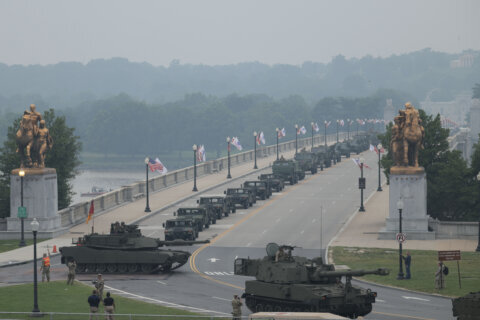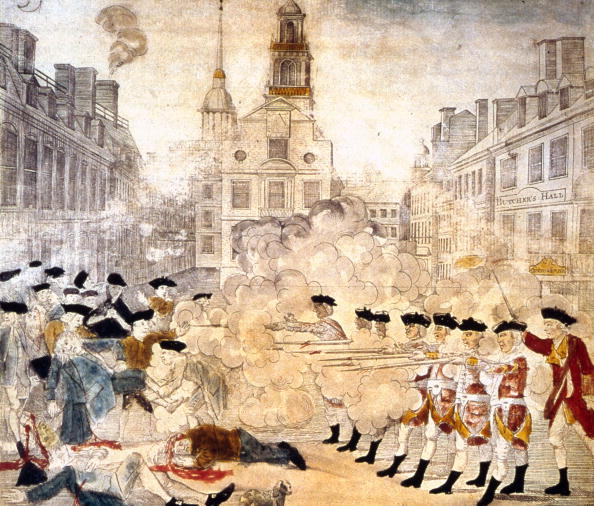
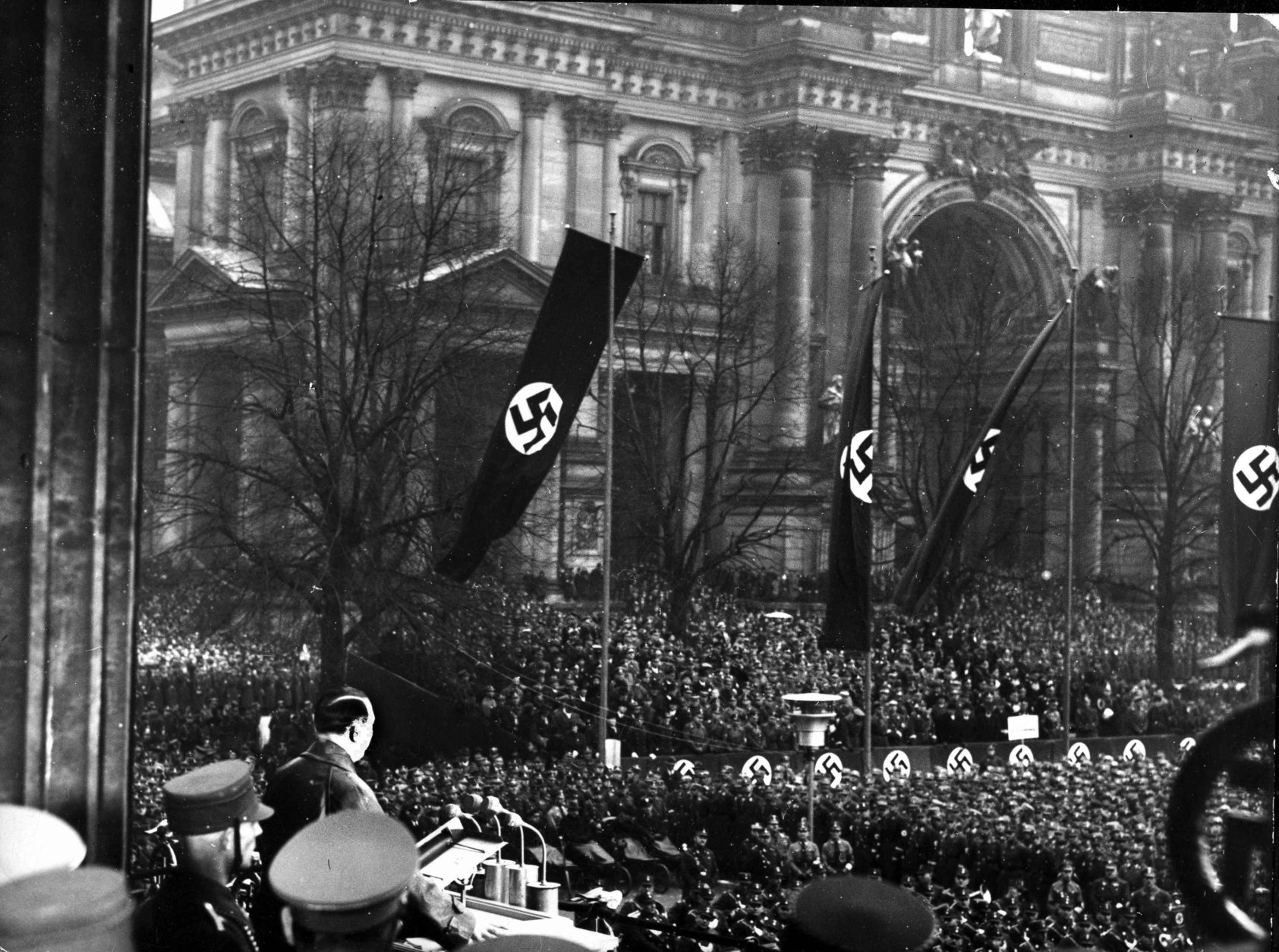
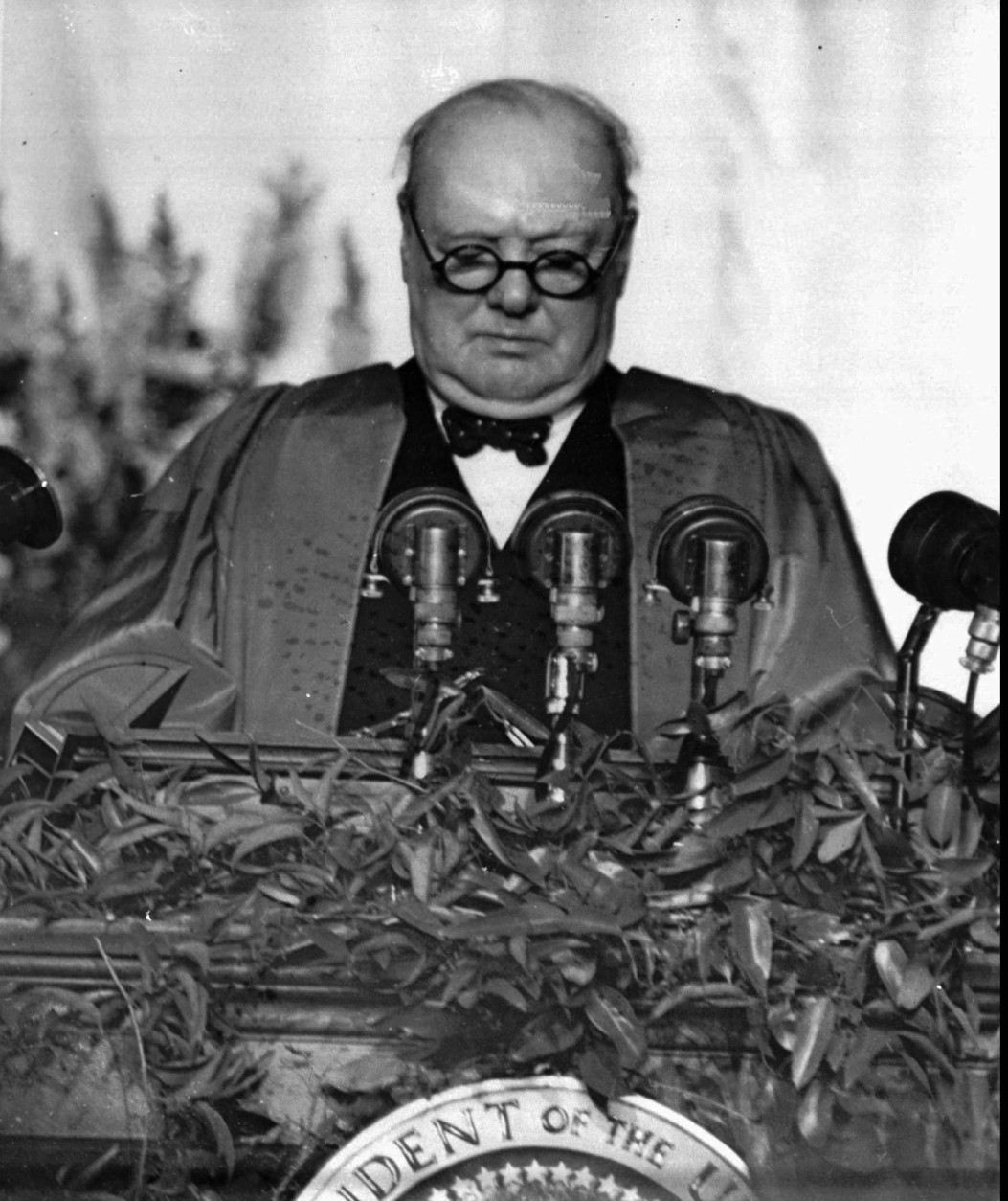
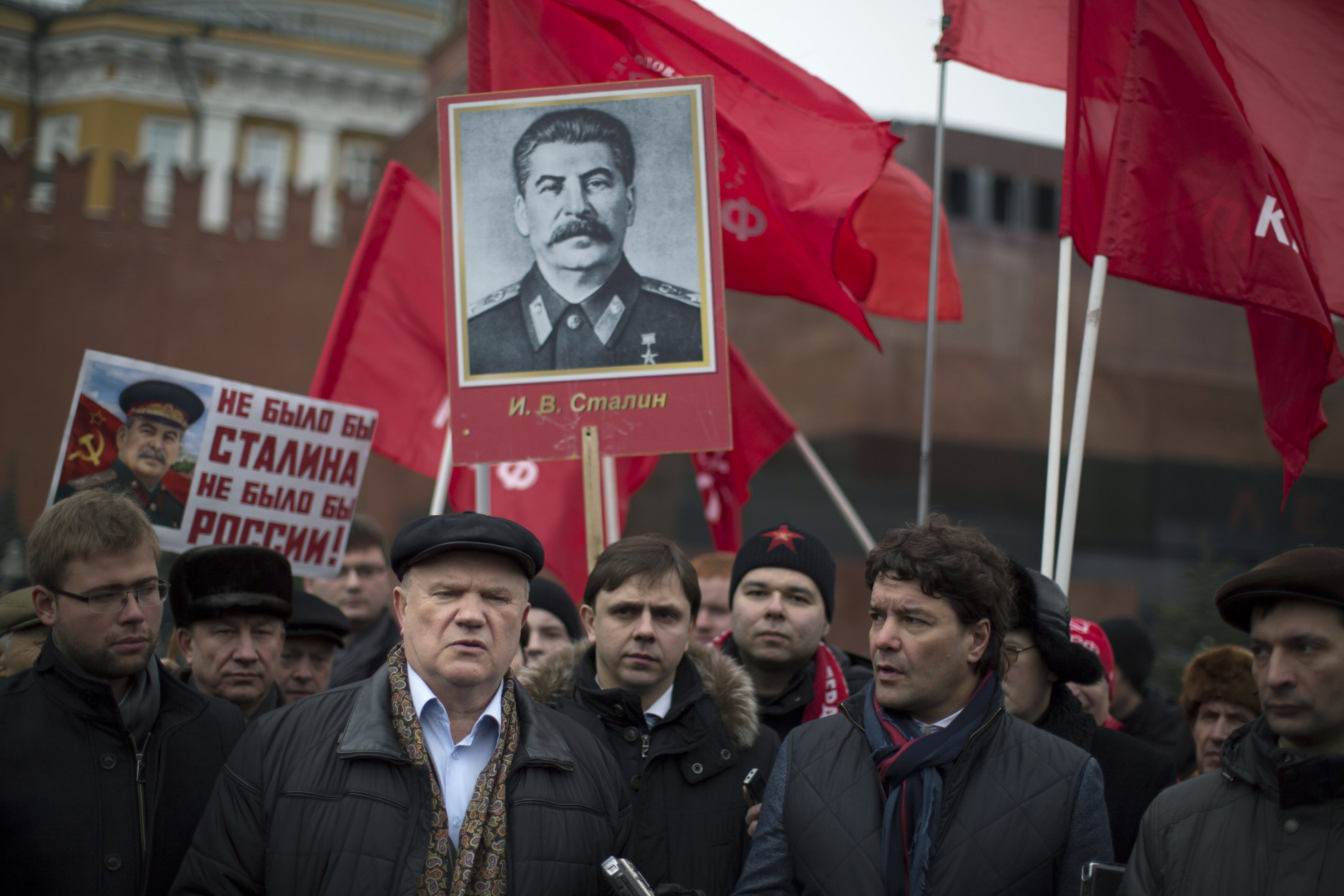
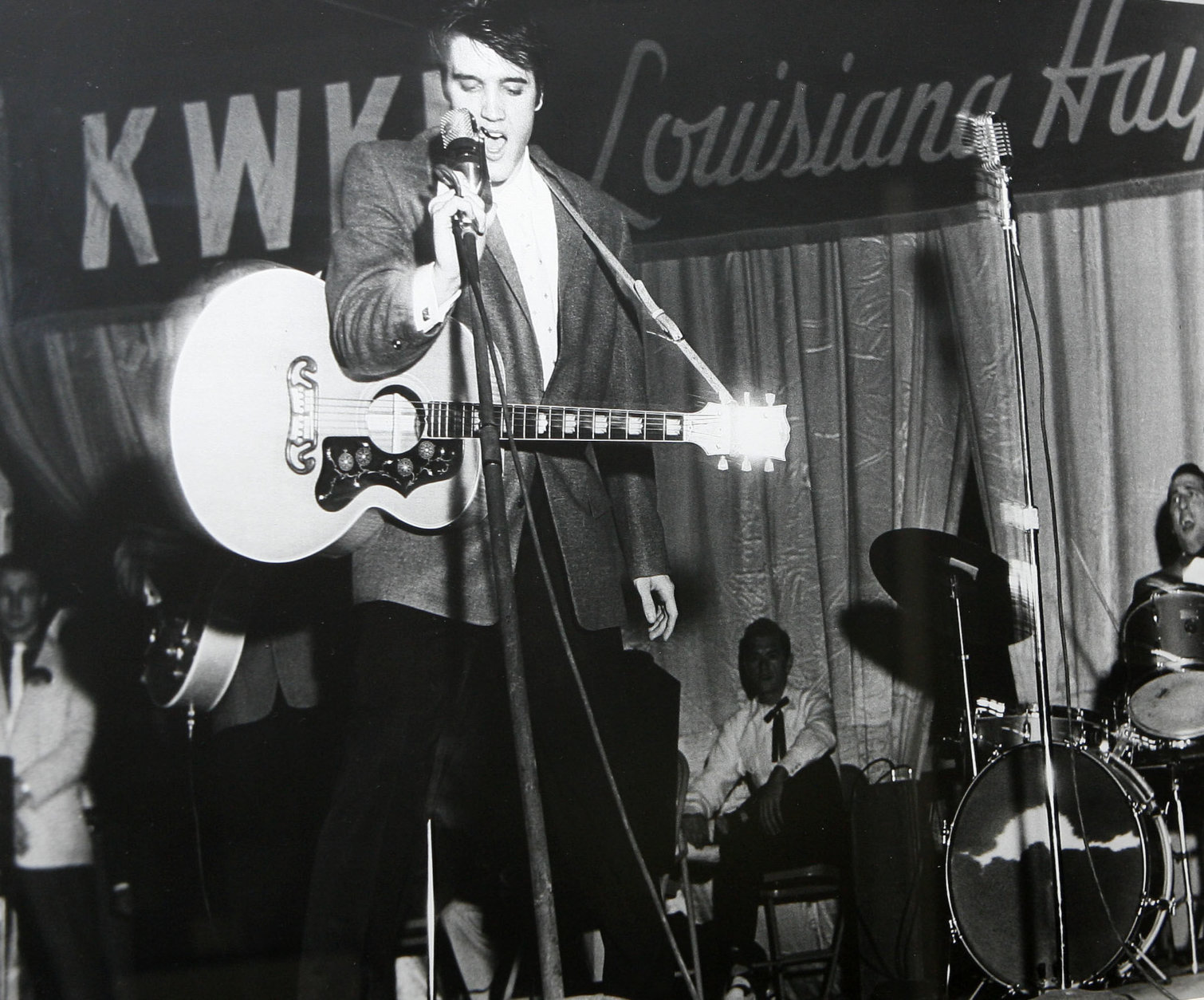
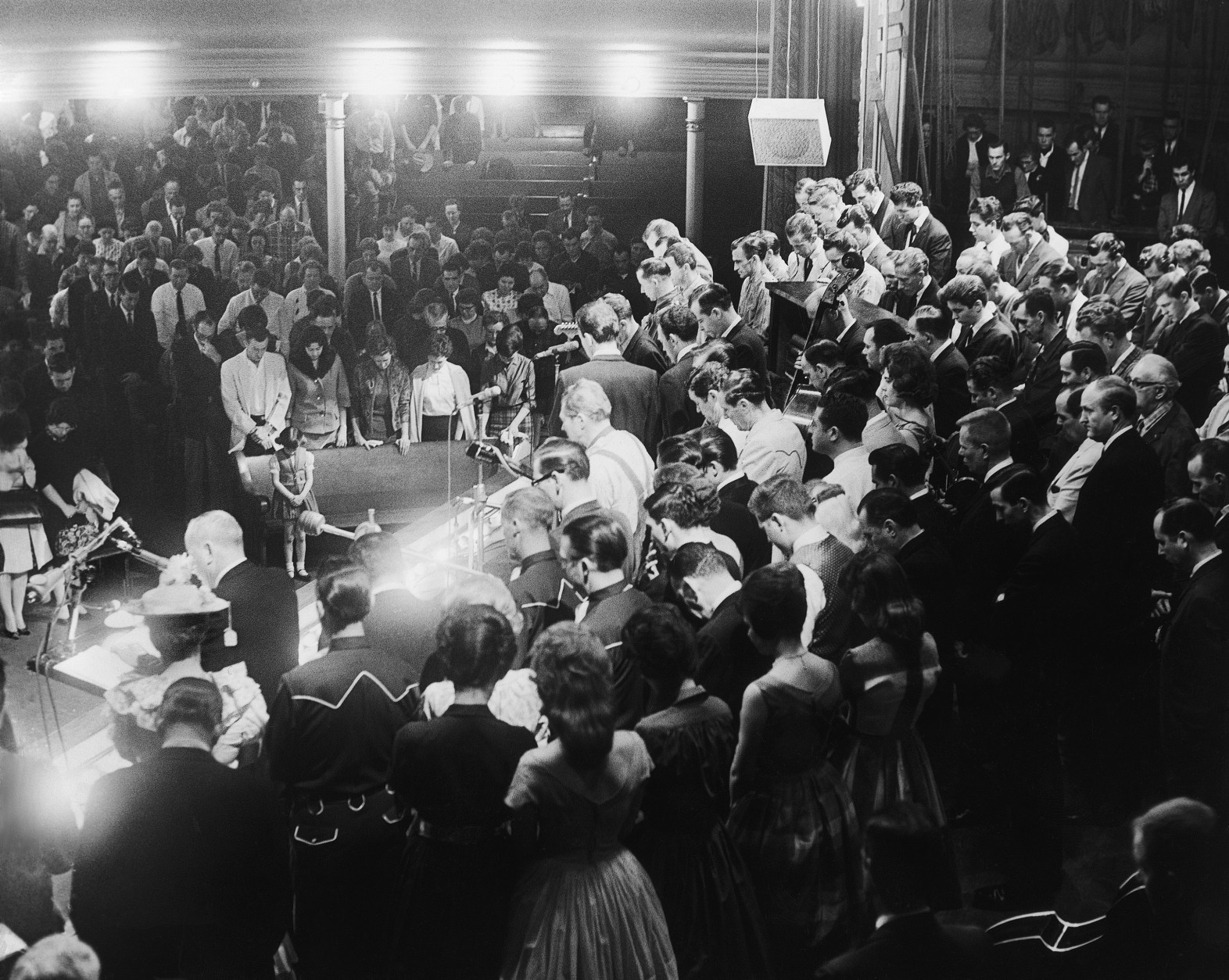
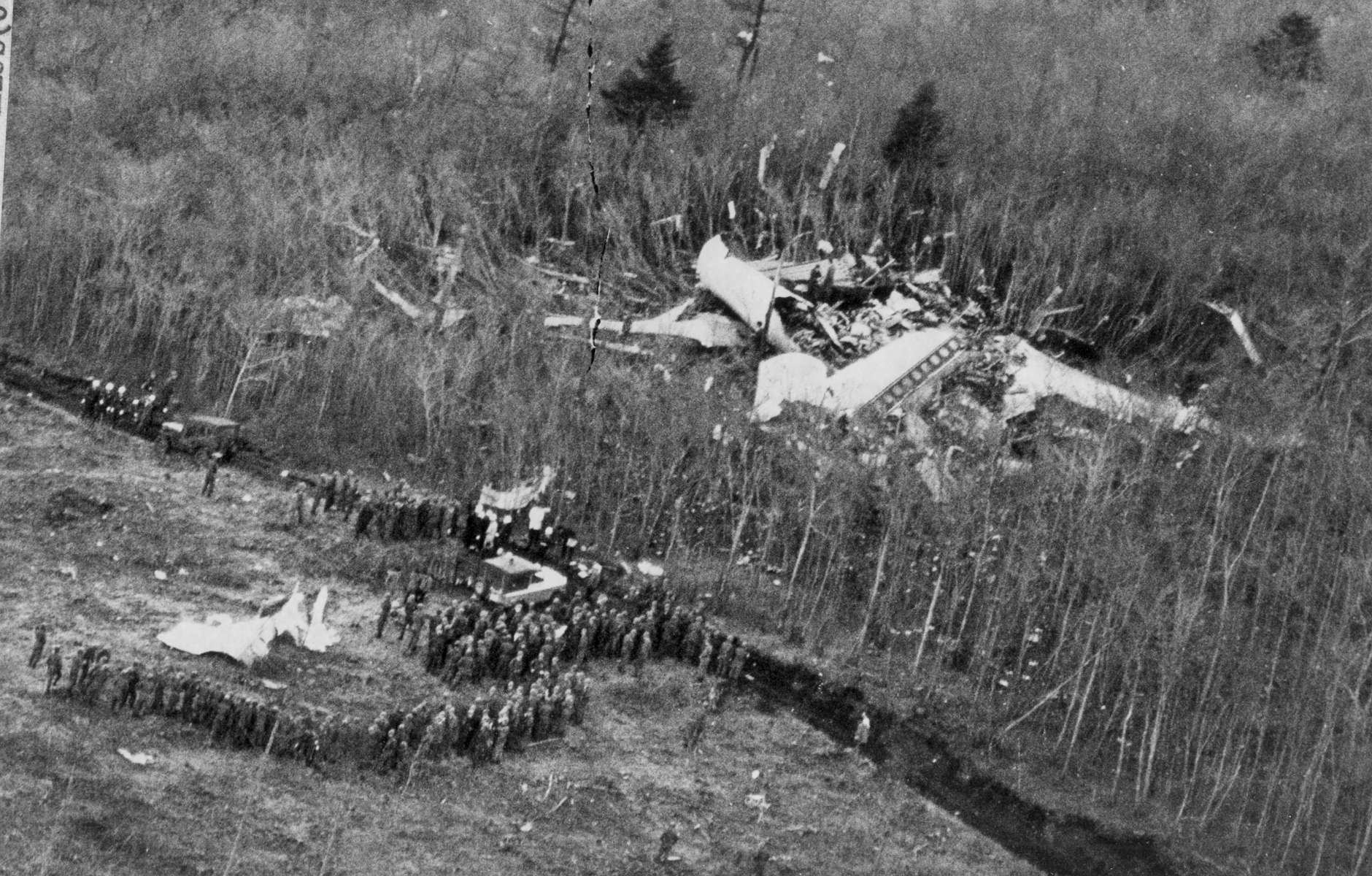
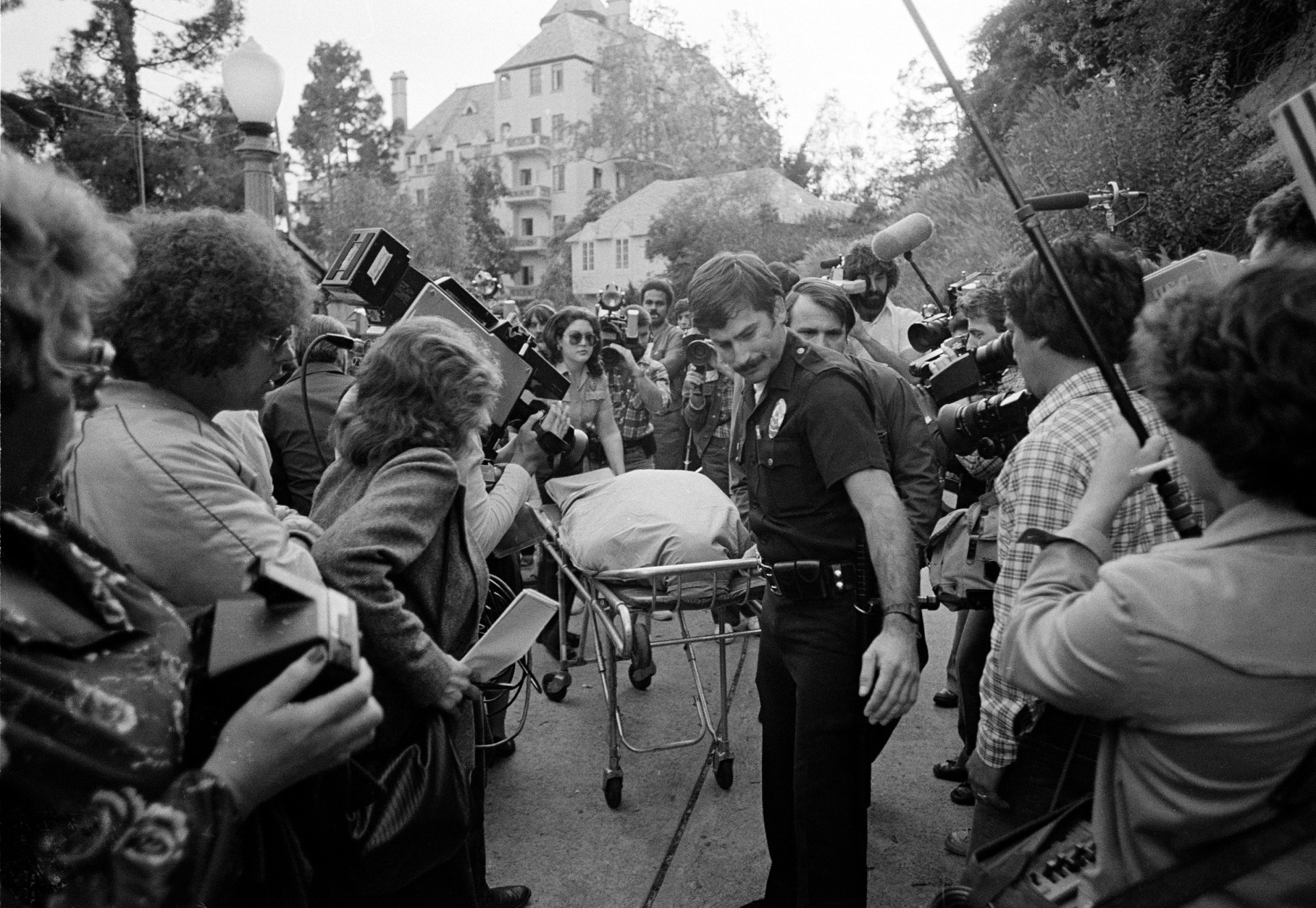
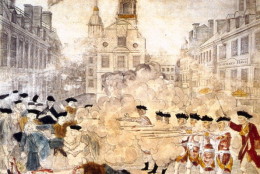
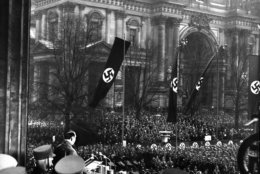
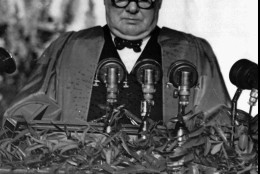
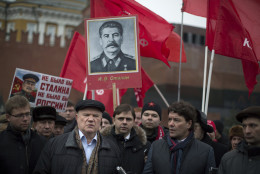
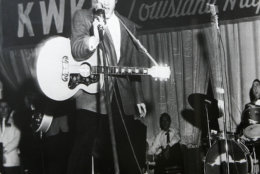
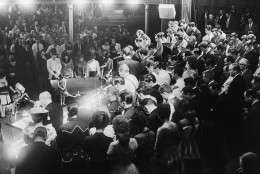
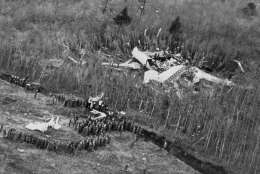
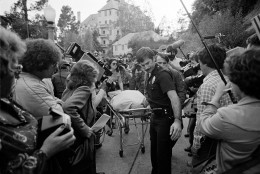
Today is Tuesday, March 5, the 64th day of 2019. There are 301 days left in the year.
Today’s Highlight in History:
On March 5, 1963, country music performers Patsy Cline, Cowboy Copas and Hawkshaw Hawkins died in the crash of their plane, a Piper Comanche, near Camden, Tennessee, along with pilot Randy Hughes (Cline’s manager).
On this date:
In 1770, the Boston Massacre took place as British soldiers who’d been taunted by a crowd of colonists opened fire, killing five people.
In 1868, the impeachment trial of President Andrew Johnson began in the U.S. Senate, with Chief Justice Salmon P. Chase presiding. Johnson, the first U.S. president to be impeached, was accused of “high crimes and misdemeanors” stemming from his attempt to fire Secretary of War Edwin M. Stanton; the trial ended on May 26 with Johnson’s acquittal.
In 1933, in German parliamentary elections, the Nazi Party won 44 percent of the vote; the Nazis joined with a conservative nationalist party to gain a slender majority in the Reichstag.
In 1946, Winston Churchill delivered his “Iron Curtain” speech at Westminster College in Fulton, Missouri, in which he said: “From Stettin in the Baltic, to Trieste in the Adriatic, an ‘iron curtain’ has descended across the continent, allowing police governments to rule Eastern Europe.”
In 1953, Soviet dictator Josef Stalin died after three decades in power. Composer Sergei Prokofiev died in Moscow at age 61.
In 1955, Elvis Presley made his television debut on “Louisiana Hayride” carried by KSLA-TV Shreveport.
In 1966, BOAC Flight 911, a Boeing 707, crashed into Japan’s Mount Fuji after breaking up in severe turbulence; all 124 people on board were killed.
In 1970, the Treaty on the Non-Proliferation of Nuclear Weapons went into effect after 43 nations ratified it.
In 1982, comedian John Belushi was found dead of a drug overdose in a rented bungalow in Hollywood; he was 33.
In 1998, NASA scientists said enough water was frozen in the loose soil of the moon to support a lunar base and perhaps, one day, a human colony.
In 2002, President George W. Bush slapped punishing tariffs of eight to 30 percent on several types of imported steel in an effort to aid the ailing U.S. industry.
In 2003, In a blunt warning to the United States and Britain, the foreign ministers of France, Germany and Russia said they would block any attempt to get U.N. approval for war against Iraq.
Ten years ago: President Barack Obama hosted a White House summit where he pumped allies and skeptics alike for ways to overhaul the nation’s costly and frustrating health care system. As thousands demonstrated outside, California Supreme Court justices listened to legal arguments over the passage of Proposition 8, which banned same-sex marriage. NATO agreed, after intense internal debate, to restore normal relations with Russia seven months after it had frozen ties in response to Moscow’s invasion of Georgia.
Five years ago: President Barack Obama’s choice to lead the Justice Department’s Civil Rights Division, Debo Adegbile (DAY’-boh uh-DAYG’-bih-lay), was blocked by bipartisan Senate opposition over his legal work at the NAACP Legal Defense Fund on behalf of Mumia Abu-Jamal, who’s serving life in prison in the 1981 shooting death of Philadelphia police officer Daniel Faulkner. The former Internal Revenue Service official at the heart of the controversy over the agency’s targeting of conservative groups, Lois Lerner, once again refused to answer questions at a House hearing.
One year ago: House Speaker Paul Ryan and other Republican allies of President Donald Trump pleaded with him to back away from his threatened tariffs, but Trump responded, “We’re not backing down.” Los Angeles police arrested Terry Bryant, 47, on charges that he stole Frances McDormand’s Oscar trophy after the Academy Awards a night earlier; the award was returned to the actress. The Nielsen company announced that the Academy Awards viewership had plunged to a record low of 26.5 million, down 20 percent from a year earlier. Longtime Republican Sen. Thad Cochran of Mississippi said he would resign because of health problems. (Cindy Hyde-Smith was appointed to succeed Cochran until a November special election, which she won.)
Copyright © 2026 The Associated Press. All rights reserved. This material may not be published, broadcast, written or redistributed.

